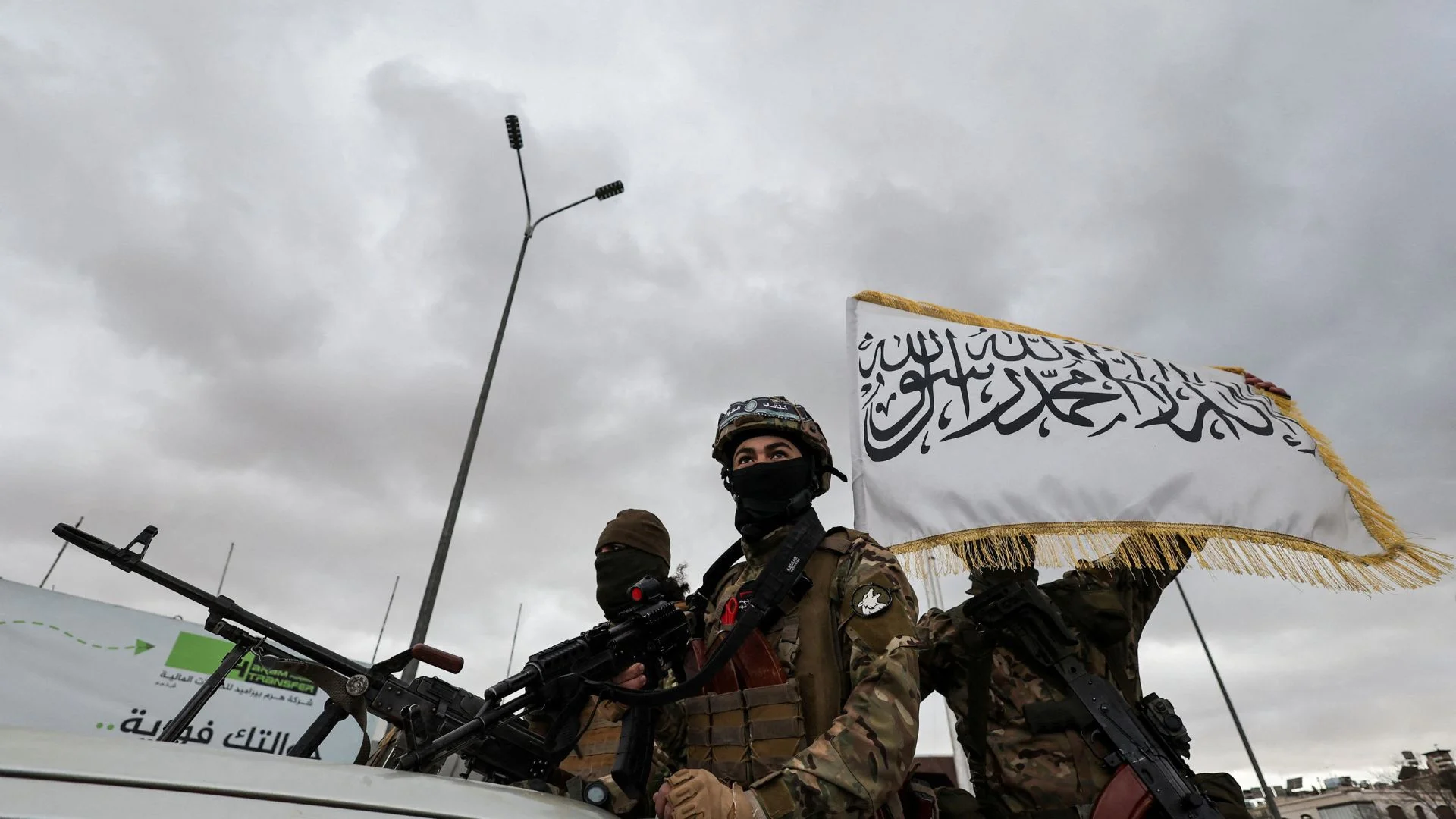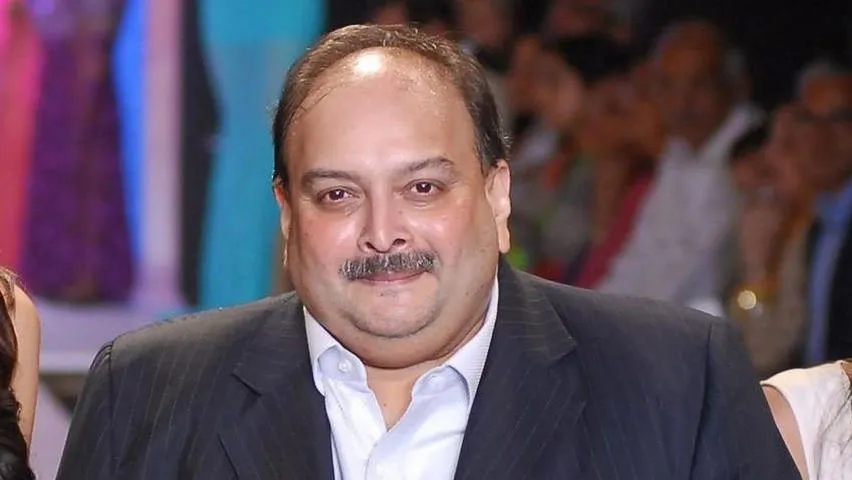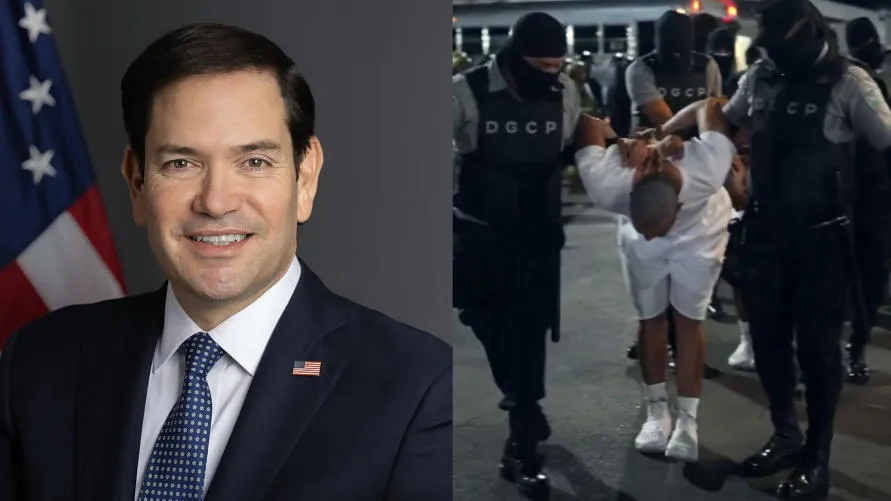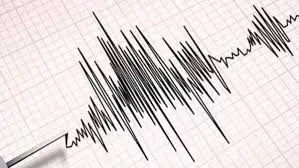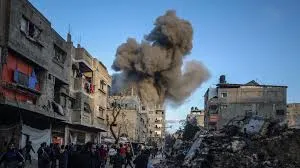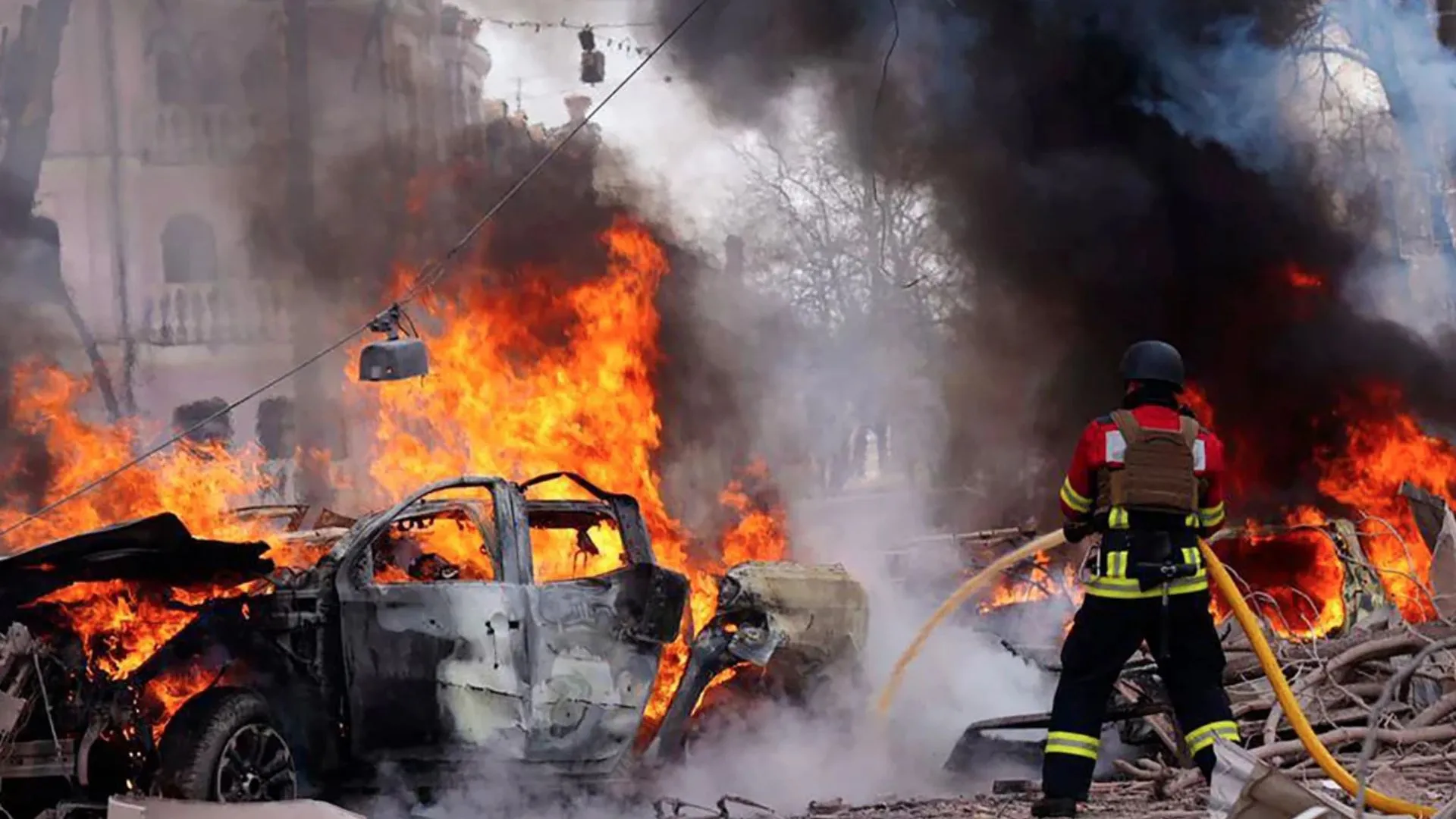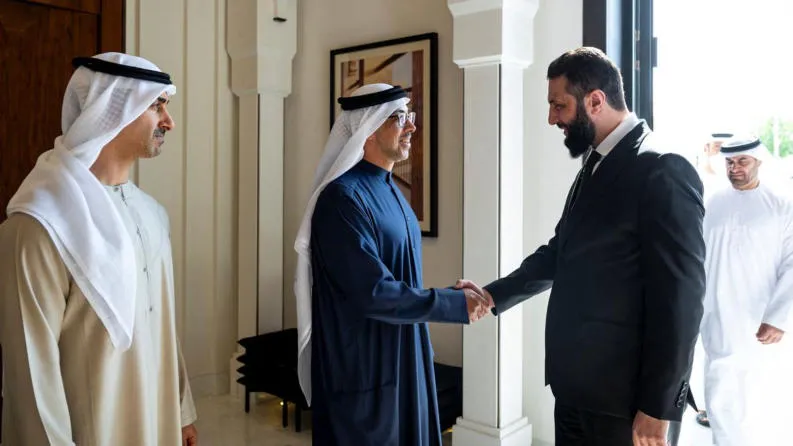Syria’s new governesses, by the jihadist group Hayat Tahrir al-Sham (HTS), have emerged as the country’s new rulers who have been appointed to several key military posts within Syria, marking an abrupt change in the structure of the country’s military. From the outset, from the Defence Ministry’s announcement of 49 new appointments, there were at least six foreign nationals, including several Uyghur militants, a Jordanian and a Turk, appointed to various senior ranks with three awarded to brigadier-general and three other ranks to colonel.
Involving foreign fighters in the formal military positions of the state has caused fear and alarm among a section of the Syrian citizenry and some foreign governments who claim that despite statements of tolerance and non-exportation of the Islamic revolution, the new administration might have ill intentions. Foreign appointments are part of efforts by Syria’s new leadership to consolidate power and transform the country’s armed forces into a more professional and unified military.
Included among the newly promoted foreign fighters are Chinese Uyghur militant Abdulaziz Dawood Khudaberdi, the commander of Turkistan Islamic Party forces in Syria, who has been promoted to brigadier-general rank. Other Uyghur fighters, Mawlan Tarsoun Abdussamad and Abdulsalam Yasin Ahmad, were also promoted to the rank of colonel. They belong to the Turkistan Islamic Party, which aspires to set up an Islamic state in parts of China and Central Asia. The TIP has faced accusations from rights groups for its violent activities, and the Chinese government has labeled it a terrorist organization.
In addition, Turkish citizen Omar Mohammed Jaftashi and Jordanian Abdul Rahman Hussein al-Khatib were promoted to the rank of brigadier-generals. The HTS, which has emerged as the de facto ruling authority in Syria after the recent overthrow of Assad, has proposed granting Syrian citizenship to these foreign fighters and their families because of their contributions to the fight against Bashar al-Assad.
The appointments reflect Syria’s efforts to reshape its military, blending local and foreign fighters to strengthen its control over the country. However, the move may raise alarms given the controversial nature of some of the groups involved.

